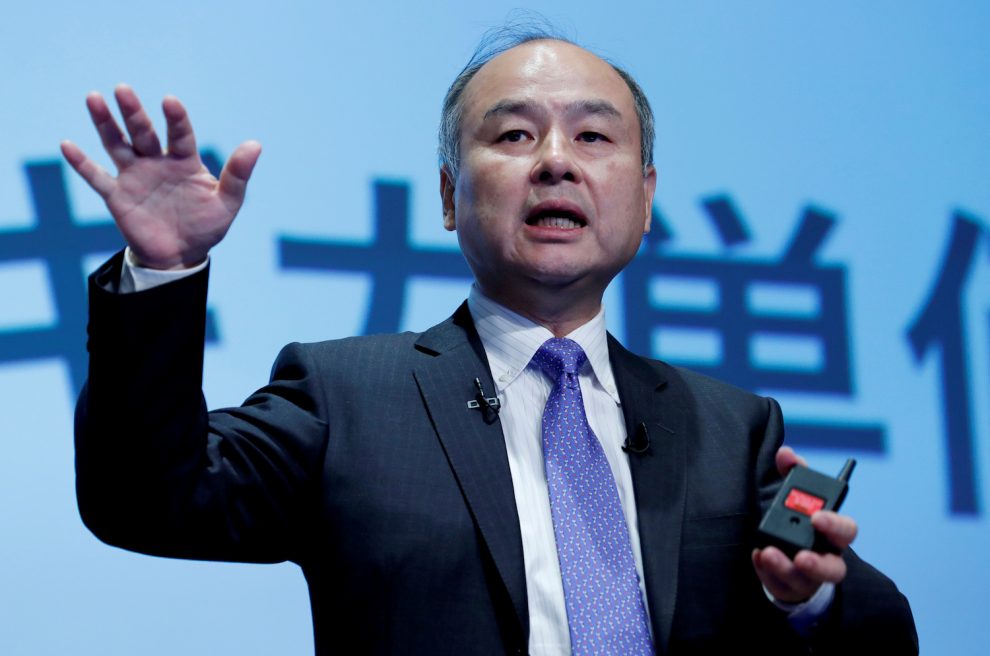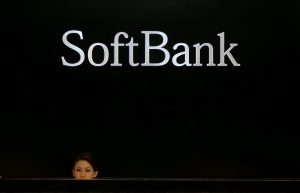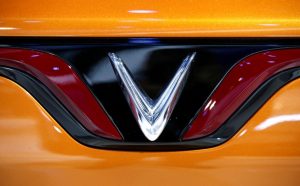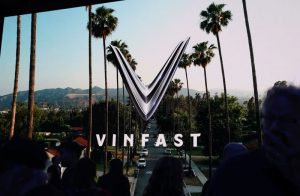(ATF) SoftBank is poised to join the “blank check” acquisition company boom, and the owner of stakes in Didi Chuxing and Paytm could boost further SPAC activity in Asia.
Special purpose acquisition companies, or SPACs, are proving to be one of the hottest fundraising trends of the year, with over $50 billion already committed to vehicles that offer a quick route to a stake listing.
In the year to date SPACs have already raised $57.9 billion – a record year towering over the previous high of $15.2 billion struck last year, data from Dealogic shows.
“The attractive downside protection they offer with geared equity upside and because of the virtuous cycle of successful business combinations, driving better sponsors, who are then doing better deals. [The] macro backdrop of low rates is also supportive,” Gareth McCartney, EMEA Head of Enterprise Content Management at UBS, told Asia Times Financial, in reference to factors driving the boom.
The market is still dominated by US vehicles, such as the $4-billion fund sponsored by hedge fund investor Bill Ackman’s Pershing Square that listed in July.
But interest in SPACs is building momentum in Europe and Asia too.
CITIC Capital Acquisition Corp, the private equity arm of CITIC Group conglomerate, was the first one out of Asia to raise funds using this route this year, raising $276 million in February.
“We have not selected any specific business combination target and we have not, nor has anyone on our behalf, engaged in any substantive discussions directly or indirectly, with any business combination target with respect to an initial business combination with us,” the company said in its latest SEC filing in August.
“While we may pursue an initial business combination target in any industry, we intend to focus our search on companies in the energy efficiency, clean technology and sustainability sectors.”
Need to be flexible
Indeed, issuers are not able to be precise with investors on an acquisition target because the SPAC is not allowed to be engaged with a target at the point of listing. At the same time investors who like specific details, don’t want too narrow a target as it becomes hard to find a great deal.
It is because of this nuance, careful due diligence needs to be conducted.
“Investors are protected as they can redeem their capital if they don’t like the deal and a bad deal is likely to be restructured. The product is sound and is here to stay but that doesn’t mean the current level of listings is sustainable indefinitely. It is important that the sponsors continue to do very thorough diligence on their targets as investors are looking to them to do that,” UBS’s McCartney said.
SPAC deals are tailor-made for technology investments, so it is no surprise that SoftBank is planning to join the trend.
Rajeev Misra, head of the SoftBank unit that houses the $100 billion technology-focused Vision Fund, disclosed this month that the firm is looking to set up a SPAC.
SoftBank, which was founded by the controversial investor Masayoshi Son, holds major stakes via the Vision Fund in some of Asia’s fastest growing technology companies.
In May SoftBank’s Vision Fund led a $500-million fundraising for a self-driving car division of China’s Didi Chuxing and in total it has pumped roughly $12 billion into the ride-hailing firm.
SoftBank is a key stakeholder in other Asian app-based ride-hailing firms, including Grab in Singapore and Ola in India.
SoftBank’s Vision Fund is also the biggest investor in Paytm, the leading Indian e-commerce and fintech firm.
Masa Son built his fortune on the back of an early investment in Jack Ma’s Alibaba and despite wild swings in the value of his holdings – and some high-profile misses like his bet on WeWork – he remains one of the most significant providers of funding to technology firms.
SoftBank has not disclosed details on how it intends to deploy its coming SPAC and it may look to co-invest in new ventures rather than helping to place stakes in its existing portfolio holdings.
But the arrival on the SPAC scene of one of the most important investors in Asian growth companies is nevertheless likely to boost interest in the funding approach in the region.
Bridgetown Holdings, a SPAC set up by PayPal co-founder Peter Thiel and Hong Kong investor Richard Li, priced its $550-million IPO on Nasdaq on October 16 in a deal that aims to provide funds to new economy companies in Southeast Asia.
The arrival of SoftBank on the SPAC scene could accelerate further interest in Asian focused listing vehicles.
ALSO SEE:
























